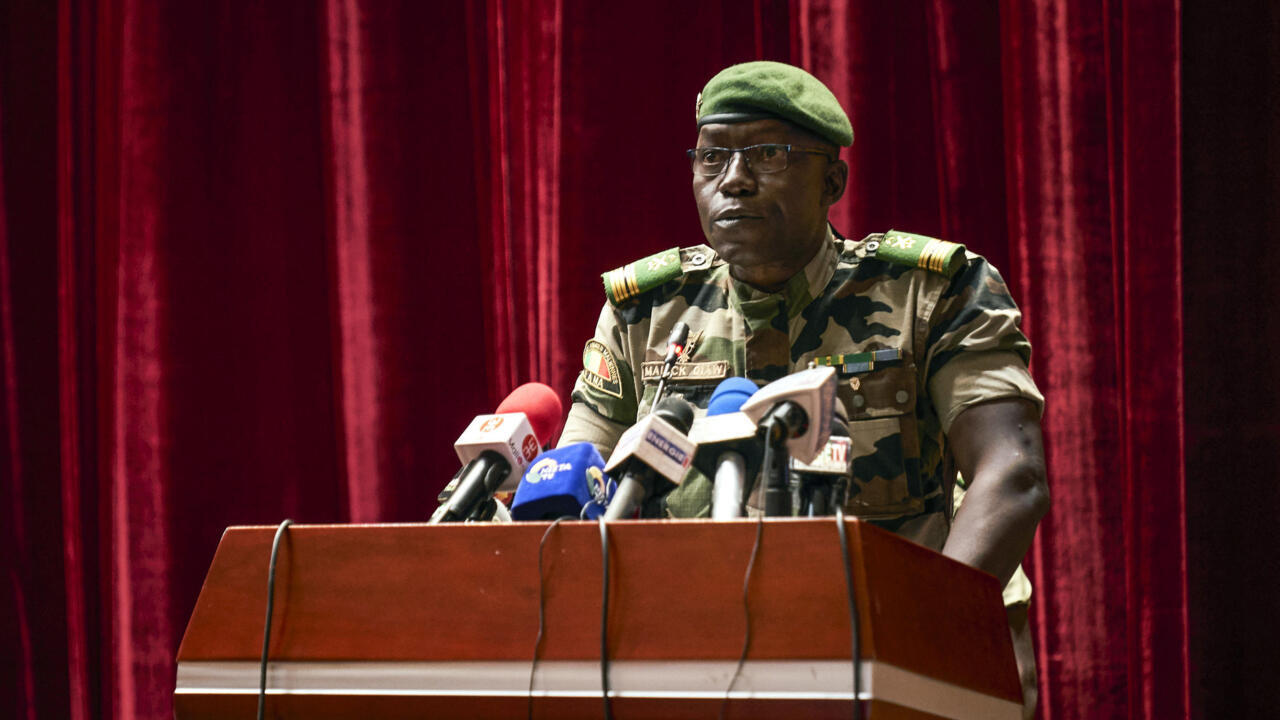In Mali, a soldier takes over the head of the National Transitional Council.
Colonel Malick Diaw, number two in the junta, who ruled the country after the August 18 putsch, was elected on Saturday December 5 at the head of this legislative body.
The Council, which has 121 seats and brings together political parties, representatives of civil society, unions and the military, met in Bamako for its inaugural session.
The only candidate, Colonel Diaw was elected by 111 votes.
He was chosen from candidates sponsored by at least 40 members, a provision which was also favorable to the military who had arrogated in advance 22 seats out of 121.
#Mali Colonel Malick Diaw is the only candidate for the election of President of the National Council of #Transition with 108 registered sponsorships.
Work is underway in Bamako.
pic.twitter.com/qLDtxBl7Mc
- Studio Tamani (@StudioTamani) December 5, 2020
On August 18, 2020, young officers of the Mali army overthrew President Ibrahim Boubacar Keïta, after weeks of anti-government protests.
Under threat of international sanctions, officers handed over power between September and October to an interim government, which is supposed to rule the country for 18 months before elections are held.
The Malian authorities dominated by the military communicated on Thursday the composition of this future legislative body of the transition supposed to bring civilians back to power, putting an end with difficulty to an expectation which added to a growing impatience against the new regime.
After the designation of a president, a prime minister and a transitional government between the end of September and the beginning of October, it remained for the authorities put in place after the putsch of August 18 to create the third body, legislative, of this supposedly transitional period.
The conditions of appointment of the members of this body, which gave pride of place to the military, then the time taken to choose them fueled an increasingly manifest discontent against the authorities, gradually dispelling the a priori initially favorable to the putschists.
The composition of this body and the refusal of certain forces to participate in it seem to have considerably complicated the task of the authorities.
The list of 121 members of this National Transitional Council, fixed by presidential decree, ended up being read Thursday evening on national television.
The distribution within the National Transitional Council, however expected, had struck, as was the upper hand granted on the choice of members to the one who remains the strong man of power, Colonel Assimi Goïta, among the leaders of the putsch and today. hui vice-president.
It was he who was to receive the candidatures and decide on the list of members of the Council, then published by a decree of the transitional president, Bah Ndaw, himself a former retired officer.
With AFP
The summary of the week
France 24 invites you to come back to the news that marked the week
I subscribe
Take international news everywhere with you!
Download the France 24 application
google-play-badge_FR

